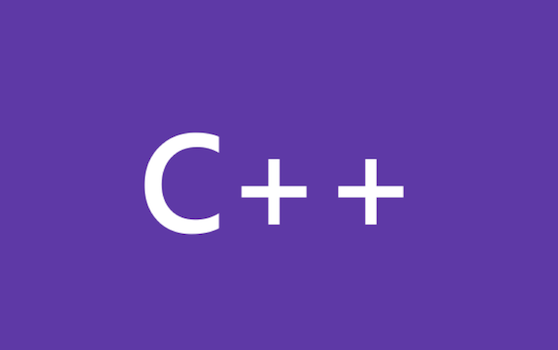


C++ Debugging Improvements in Visual Studio “14”

Project Support for Natvis

Native Memory Diagnostic Tools for Visual Studio “14” CTP

Native Memory Diagnostic Tools for Visual Studio “14” CTP

Examining stack traces of objects using Visual Studio 2013

Code Debugging Content in Community

Code Debugging Topics on MSDN

Improved exception reporting for C++ Windows Store Apps in Visual Studio 2013


 Light
Light Dark
Dark